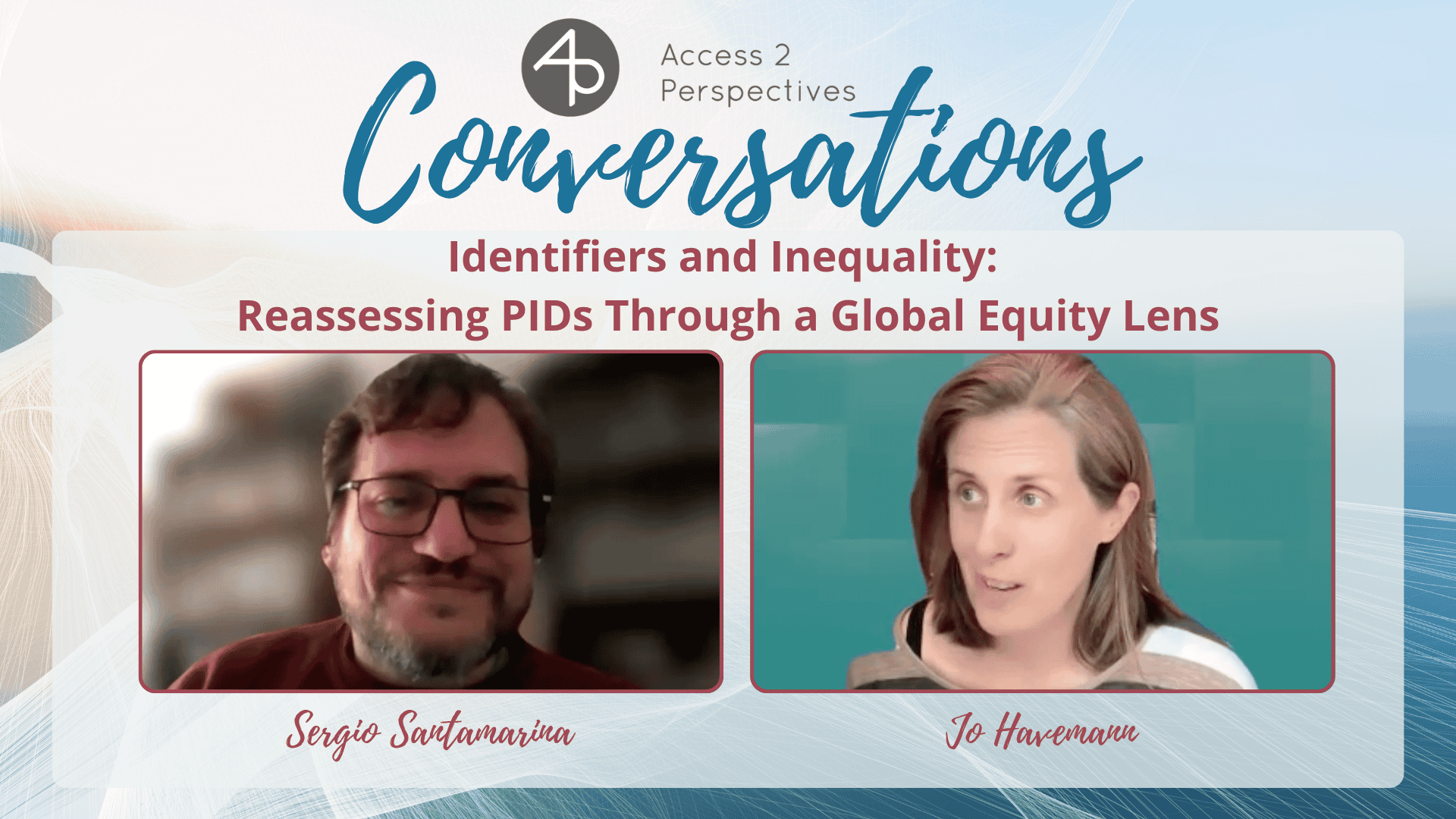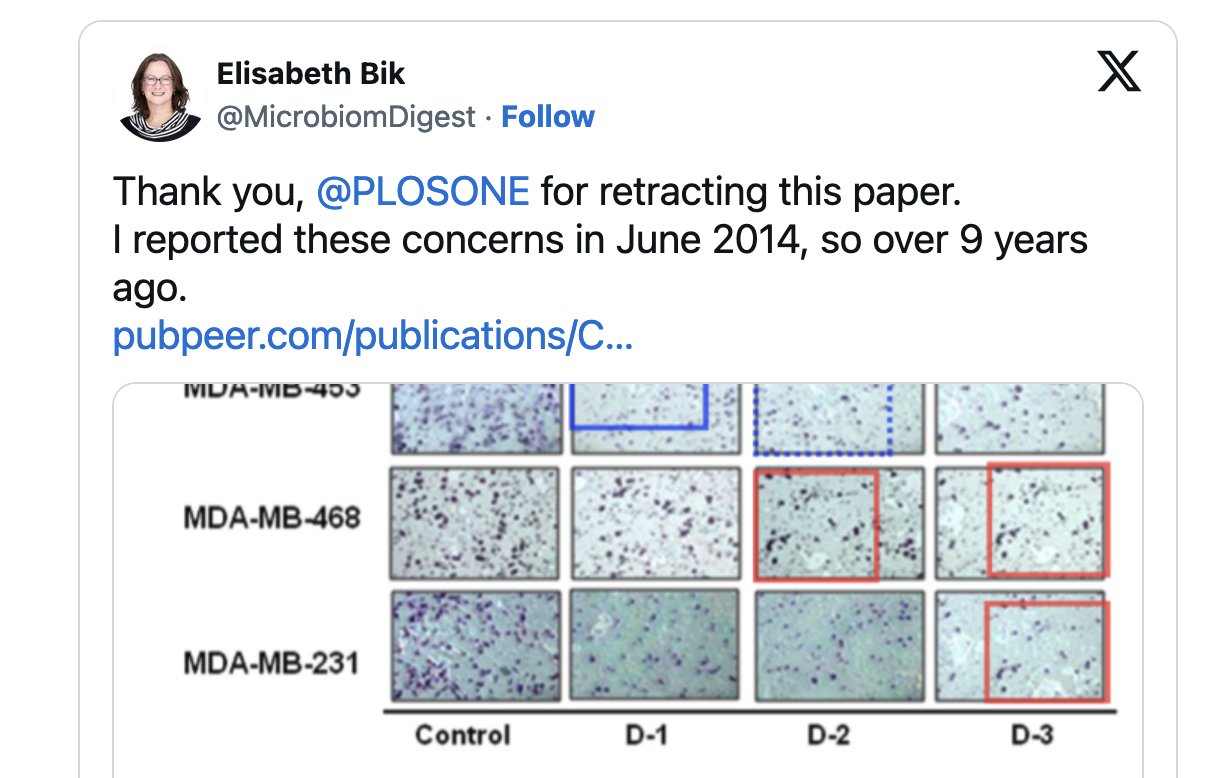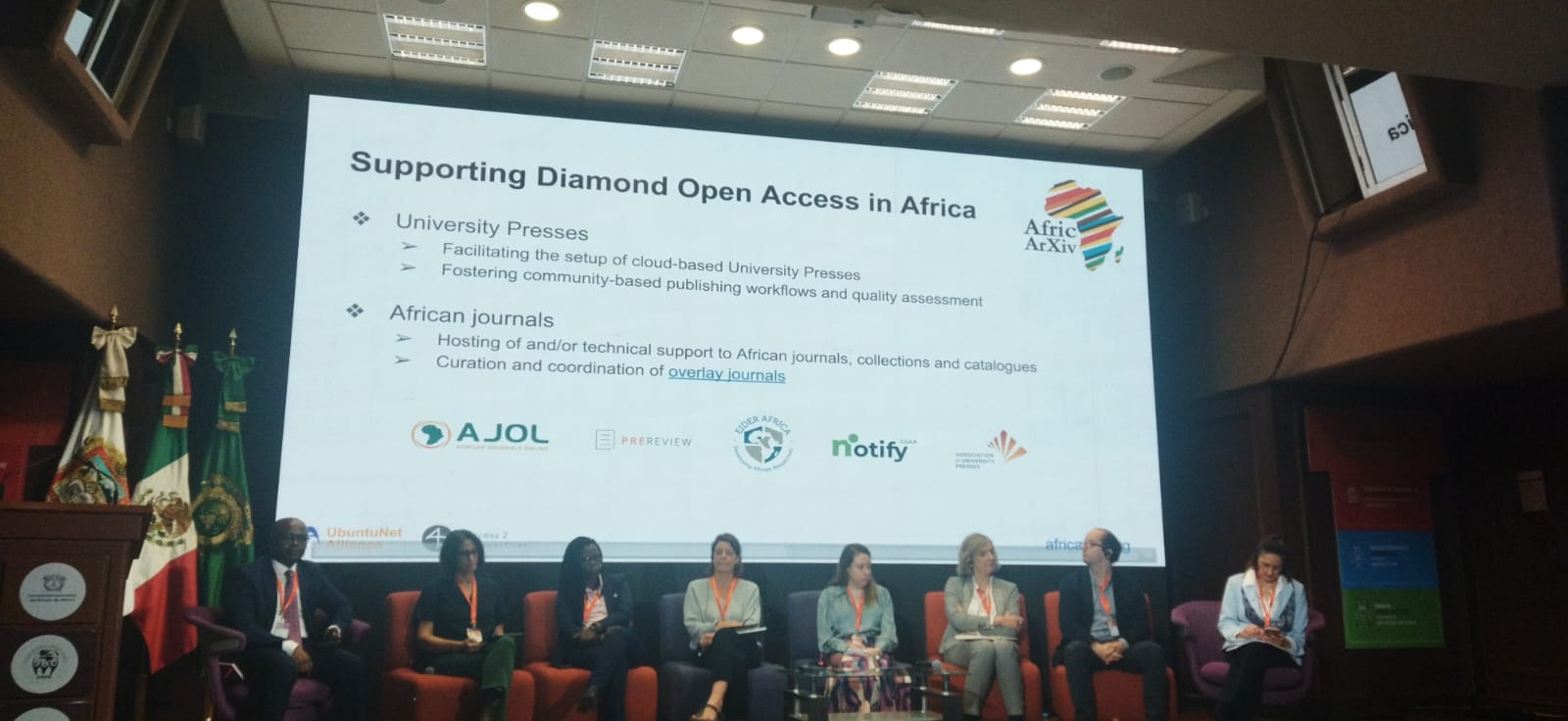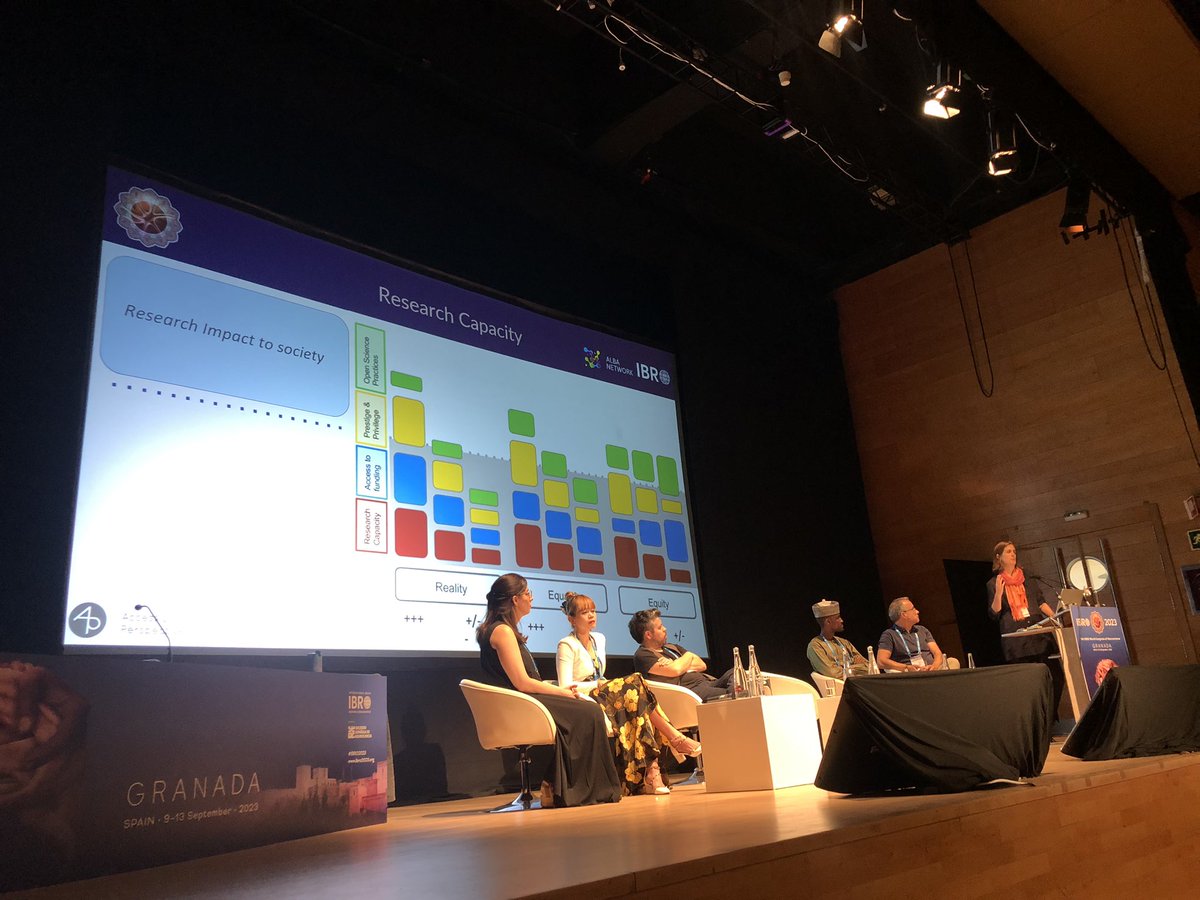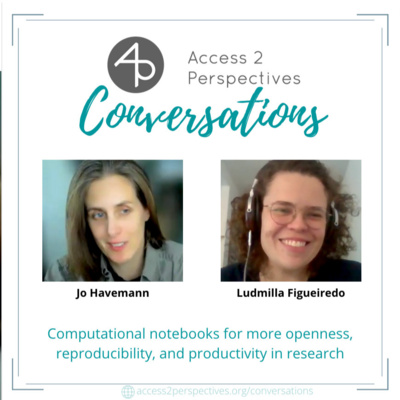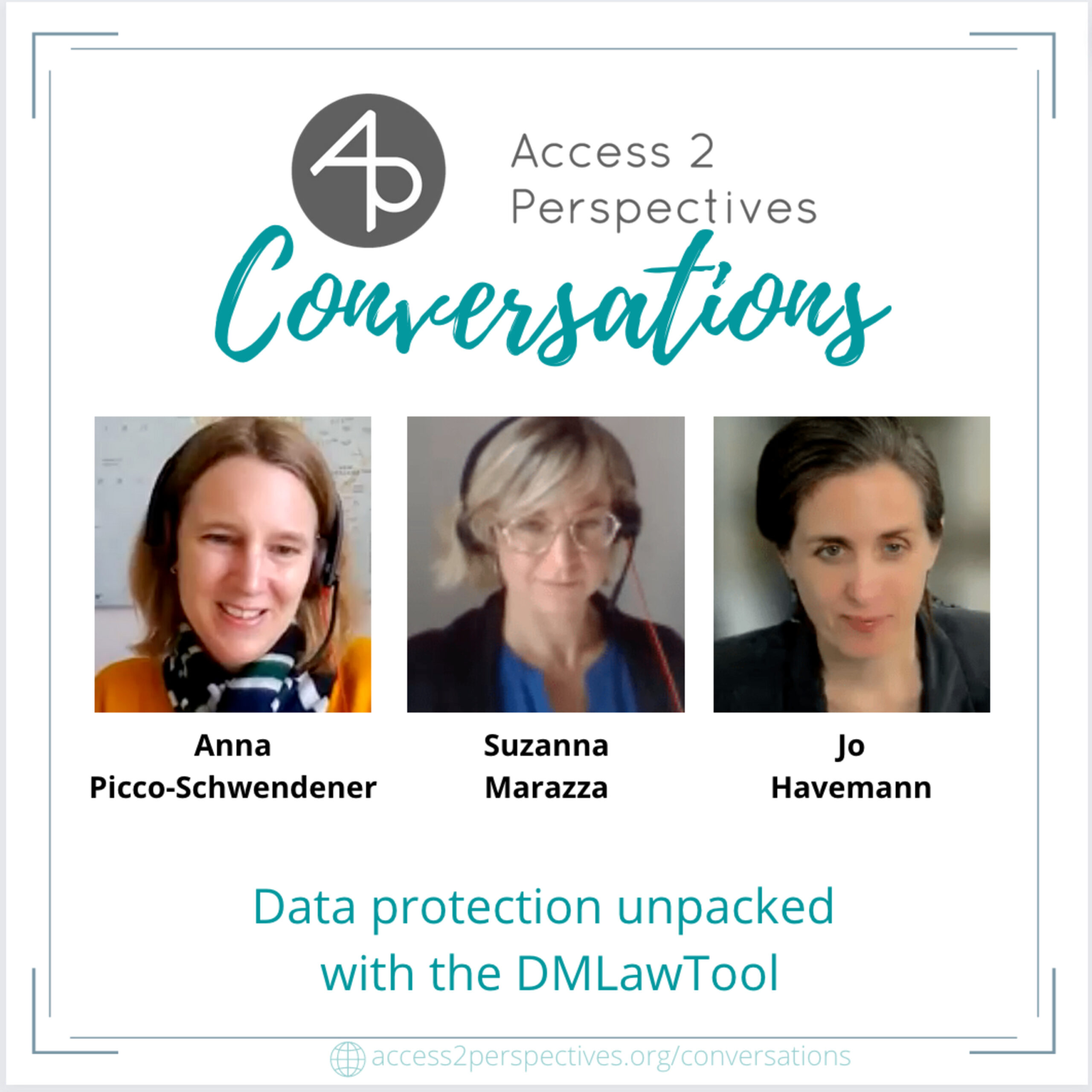Good versus Questionable Research Practices
Fabrication, falsification, and plagiarism are the usual suspects of scientific misconduct. More common are lesser forms of research misbehavior, also known as ‘sloppy science’. This course highlights the most frequent research misbehaviors and their impact. The aim is to raise awareness and foster responsible conduct of research amongst young scientists.
- Core values of Good Scientific Practice (GSP)
- Famous examples of Fabrication, Falsification and Plagiarism (FFP)
- Other forms of research integrity breaches
- Impact and consequences of questionable research practices
- Factors that might lead to QPR
- Guideline for responsible conduct of research
- Good Laboratory Practice
- Good Manufacturing Practice
Global Research Equity
- The varying openness of Open Access publishing in the light of globally inclusive research equity
- Towards equal opportunities in publishing, challenges, and opportunities through OA
- Open Access actors, services, and initiatives in Latin America, Africa, and Asia
- AfricArXiv as a use case to ensure research output ownership and reuse
- How open science presently affects north/south dialog and how it can affect this dialog in the future
o The UNESCO Open Science recommendations and working groups - Open Science, OA publishing and the SDGs, how can research inform activities towards achieving the SDGs?
Methodology
Our courses are geared towards adult learning and use participatory approaches. The trainer encourages participants to add their experience and knowledge to the course content. Topics covered are backed by real examples and relate to the participants’ field of research.
Before the course, participants can submit specific questions and their own presentation examples by email. The course content will be adjusted to the specific needs and requirements of the participants.
Participants are handed out reading material to be discussed during the course as well as a course summary with their achievements.
Digital Services
Retraction Watch is a database of retractions, expressions of concern and related publishing events
Plagiat.pl is a software supporting verification of text authenticity. More than 200 Polish universities check their students’ theses in our antiplagiarism system.
Strike Plagiarism provide fast and affordable plagiarism-detection tools, mostly for Universities, but also for High Schools and Publishing Houses.
















